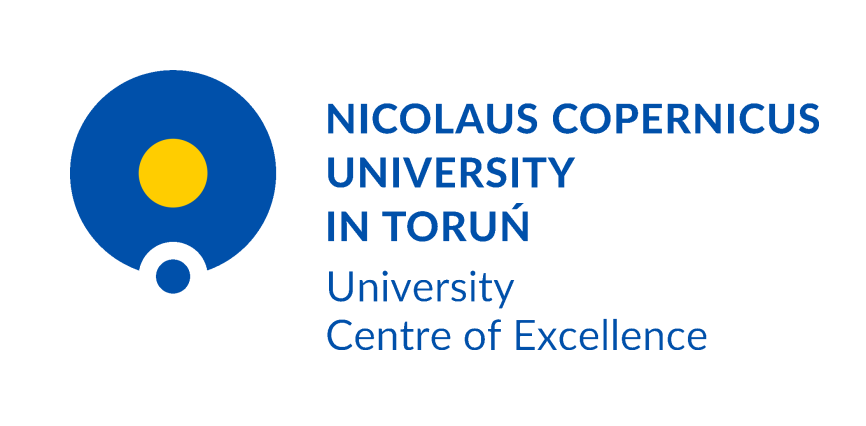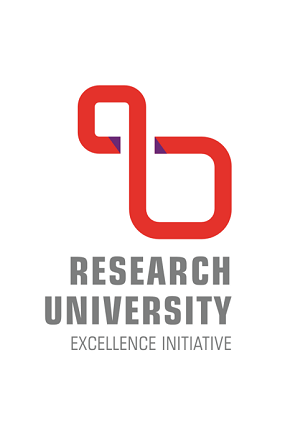
Dr Adrian Wójcik and prof. Maria Lewicka have published a new article about the association between types of national identity and interest in history. You can read it here! Article's abstract below
One of the distinctions in modern historiography is that between collective memory and history. Although ideal historical research is presented as objective and driven by the search for accuracy, collective memory is nearly always distorted by the current group’s needs. In the current study, we assess whether common people use this professional distinction and whether these two concepts are used by the general population. Our findings are based on several different lines of quantitative studies with a total sample size of 3949: two representative Polish samples, a study of the collective memory of Oświęcim inhabitants and one representative study of inhabitants of six Polish cities. The findings show that laypeople distinguish between three different forms of historical understanding, corresponding to the (1) realistic view of history (history as a search for truth), (2) instrumental view of history (history as a construction in the service of the group’s current needs) and (3) relativistic view of history (disbelief in the possibility of historical cognition). The meta-analysis of correlations revealed that instrumental lay theory was positively related to the nationalistic in-group identity that glorifies the in-group. By contrast, realistic theory was positively related to patriotism – a form of in-group attachment that is open to criticism. The realistic theory was positively related, whereas the instrumental view was negatively related to the expressed interest in history. Moreover, the instrumental view of history was positively related to the explicit denial of the value of historical heritage and a strong focus on the present.


 ul. Fosa Staromiejska 3, 87-100 Toruń
ul. Fosa Staromiejska 3, 87-100 Toruń